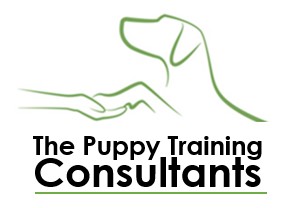
You’ve got through the puppy training and early socialisation weeks and your puppy knows how to sit, lie down and wait when you ask them to. They even have a recall to be proud of. Why then, has all this suddenly been forgotten and your bright, cooperative little puppy has apparently turned into a rebel who won’t come back when you call? The answer is that they’ve become an adolescent!
What might I expect from my adolescent dog?
Just like teenagers, adolescence can sometimes bring with it a few hiccups. While some dogs sail through it, others can become a little wayward – they might seem to have more important things to do when you’re trying to get them to come back to you, or they may suddenly become more reactive with other dogs. Sometimes, dogs go through a fearful phase during adolescence. The good news is that, if your once easy-to-live-with puppy does become a little challenging, it won’t last forever.
The most important thing you can do to help them through this time is to continue with patient, understanding, and consistent training. Let’s take a look at how to approach some of the challenges you might face with your adolescent dog…
As your young dog leaves behind puppyhood, naturally, they’ll tend to become more adventurous and want to explore more of their world to find out who else is around. It’s quite normal for male dogs in particular to become preoccupied with following the scents of other dogs. Many young dogs suddenly discover that there’s a whole lot of exciting stuff out there and temporarily, this overrides the training they’ve learned.
If your young dog is taking longer to respond to basic commands, or ignoring you altogether, you’ll need to go back a few steps and revise some of your training, making it really easy for them to succeed and rewarding them well when they respond more quickly. They’ll be making a choice between doing what their instincts tell them and what you’re asking them to do. Following their own agenda is often innately rewarding, so it’s important to tip the balance in your favour by using rewards your dog really values.
Just like with teenagers, social interactions are really important to adolescent dogs. So, it won’t come as a surprise to know that they can get a little distracted when they spot other dogs, and they may be more boisterous or persistent in their dog-dog interactions. While we all want our dogs to be friendly and to be able to have dog friends and play nicely with them, it can sometimes get a bit intense! Some dogs you’ll meet out and about will not feel comfortable being approached by an excited youngster, and they (and their owners) may react quite strongly if your puppy pesters them.
If you can approach your dog’s adolescence with understanding and kind, consistent, reward-based training (or retraining!), you will all come out of the other end of this life stage with strong foundations for a happy adulthood!

